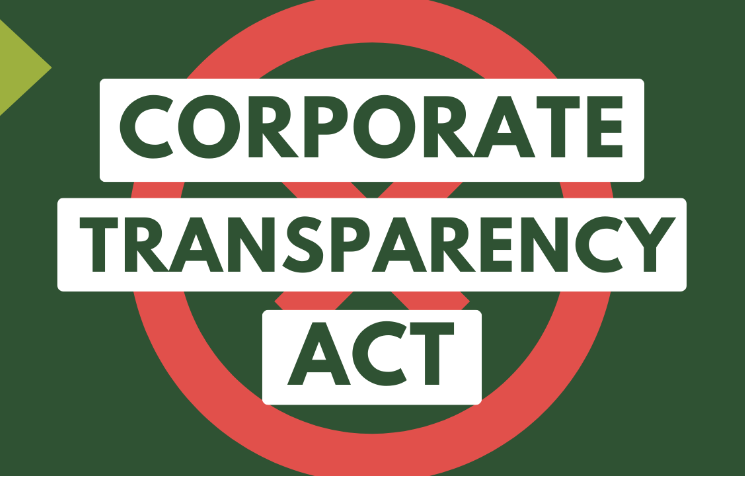What you need to know about the Corporate Transparency Act
Dear Client:
The Corporate Transparency Act (“CTA”) is upon us. It became effective on January 1, 2024, and imposes a new federal filing requirement for most Corporations (including Subchapter S Corporations), Limited Liability Companies (“LLCs”), Limited Partnerships (“LPs”), and other business entities.
Corporations, LLCs, LPs, and other entities subject to the CTA are called “reporting companies.” People who form new reporting companies after January 1, 2024 must file a Beneficial Ownership Information (“BOI”) report with the Department of the Treasury’s Financial Crimes Enforcement Network (“FinCEN”) within 90 days of forming the company. The owners of reporting companies created before 2024 must also file a BOI report, but they have until December 31, 2024. The 90-day filing requirement is for entities formed after January 1, 2024. Entities formed after 2024 will have thirty days after creation to submit the BOI filing.
The BOI report must contain the name, date of birth, mailing address, and an ID number and image of that ID for each “Beneficial Owner” of the reporting company (think state issued photo ID or Driver’s License). These are the human beings who (1) own or control at least 25 percent of the company or (2) exercise “substantial control” over the company.
The BOI report is filed online at a new federal database called BOSS (an acronym for Beneficial Ownership Secure System). There is no filing fee.
Government law enforcement and security agencies will use the data from BOI reports to help combat money laundering, tax evasion, terrorism, and other crimes. The BOSS database is supposed to be safeguarded and NOT made available to the public.
Naturally, people have lots of questions about the BOI report filing requirements—for example:
- Do you have to file a BOI report if you own a single rental property in an LLC? (Yes)
- Do you have to file 10 different BOI reports if you own 10 different LLCs? (Yes)
- Can certified public accountants, enrolled agents, and other non-lawyers file BOI reports for clients without running afoul of Unauthorized Practice of Law (“UPL”) rules? (Unclear – no state has issued any guidance on UPL rules with respect to BOI filings and we believe that we can assist with these filings)
- Are registered agents responsible for filing the BOI report? (No)
- What is the Large Operating Entity filing exception? (Must pass three tests: (1) more than 20 full-time U.S. employees, (2) has a physical office within the U.S., and (3) has more than $5 million in U.S. sourced gross receipts)
- Are there other filing exceptions? (Yes, but they are very specific and don’t apply to many of our clients)
- Do self-employed proprietorships formed without creating an entity have to file? (No)
- Do general partnerships, formed without filing any registration documents with the Secretary of State, have to file? (No)
- Do I need to list a street address in the BOI report? (Yes)
- Do I need to list my Social Security number in the BOI report? (No)
- Do I need to list my attorney in the BOI report? (Maybe)
- Must I file an updated BOI report if a Beneficial Owner leaves the company? (Yes)
- Do I have to list my minor child in a BOI report? (No)
- Will Criminals file BOI reports? (Who knows? They are the reason this system was created in the first place!)
One final caution: Expect to receive mailings, phone calls, and emails from scammers that can pull entity information from Secretary of State databases. Exercise caution when working to comply with the CTA.
We’ve provided some basic answers above. If you have further questions on the new BOI reporting requirement, please call our office to schedule a meeting.
Sincerely,
Franty & Company, P.C.


